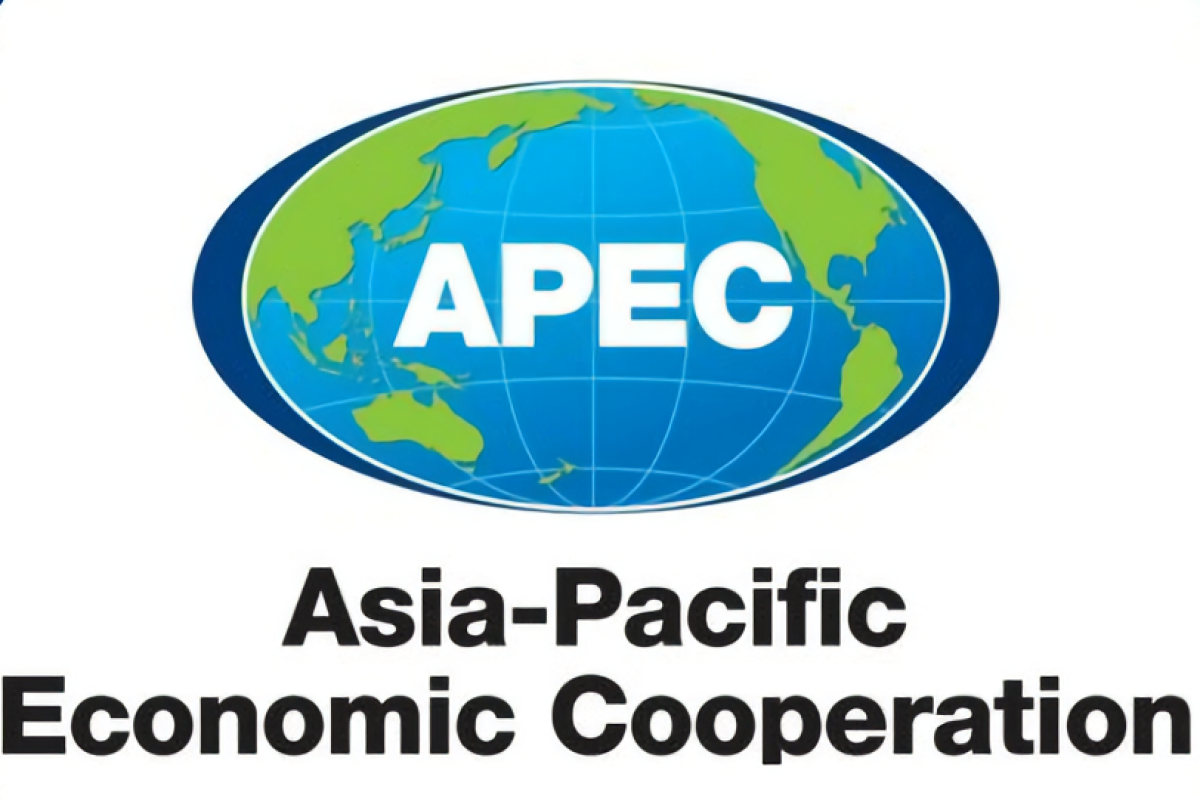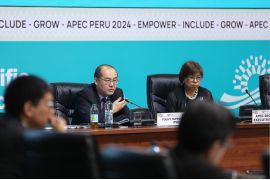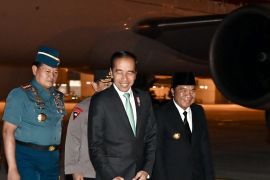Within the APEC region, 16 economies have made announcements specifying the form of support to be extended to SMEs, according to a written statement received here on Wednesday.
The support to SMEs entail lending or financing facilities catering exclusively to SMEs, providing low-interest loans as well as introducing loan guarantees and loan payment moratoriums, implementing moratoriums on rental and utilities payments, providing temporary wage subsidies, usually covering up to three months of wages, as well as implementing tax deferrals and tax refunds.
"In the last month, we have seen governments roll out unprecedented fiscal stimulus packages in aid of businesses as a response to equally unprecedented lockdowns on travel and economic activities aimed at stemming the spread of the COVID-19 pandemic," Rebecca Sta Maria, the executive director of APEC Secretariat, stated.
Sta Maria further affirmed that in this indefinite period, even the most efficient companies are encountering challenges and are compelled to lay off personnel, suspend operations or draw down cash reserves. Some also face permanent closure.
"All but the most well-placed industries are at risk. The larger corporations have a better likelihood of emerging from this prolonged uncertainty. Small businesses may have problems staying afloat. They need to continue to pay rental fees, utilities, wages, and other costs amid the plunge in customer demand," she pointed out.
Hence, it comes as no surprise that economies are stepping up to mitigate the impact of COVID-19 by putting in place measures to help SMEs tide through this period.
There is a specific need for policymakers to tide over such a scenario. Small businesses are especially vulnerable due to their tighter cash flows and reduced access to financing.
Facing months without revenue, several independent establishments -- food hawkers, mom-and-pop retail shops, and service providers -- will remain shuttered even after the lockdown, unless governments extend robust support.
However, it would be difficult to determine precisely how much of the stimulus is directed at small enterprises, as only 11 economies have specified the amounts set aside for SMEs.
Cumulatively, these allocations reach some US$471 billion as of the available data on April 6. As the situation continues to evolve, economies could implement further rounds of stimulus measures, especially targeting SMEs.
While public assistance for small businesses will be essential to their survival over the coming months, helping them thrive is a good practice for policymakers regardless of the situation.
SMEs contribute significantly to economic output — ranging from a 40 percent to 60 percent of the gross domestic product (GDP) in several APEC economies. They also account for around a third of exports.
Furthermore, SMEs account for over 97 percent of all businesses and employ about two-thirds of the workforce across the APEC region.
Several SMEs also employ vulnerable groups, such as women, the youth, and elderly workers, which means giving small businesses a leg up contributes to economic inclusion.
Complementing economies’ efforts is the continued work of the APEC Small and Medium Enterprises Working Group (SMEWG).
Even before the pandemic, the SMEWG has been promoting initiatives to help entrepreneurs and SMEs obtain easier access to financing, international markets, and the digital economy. The onset of the COVID-19 pandemic highlights the importance of intensifying these efforts. Related news: APEC regional dialog underway amid COVID-19 outbreak
Related news: APEC to finalize novel vision in 2020
EDITED BY INE
Reporter: Yuni Arisandy Sinaga
Editor: Suharto
Copyright © ANTARA 2020












